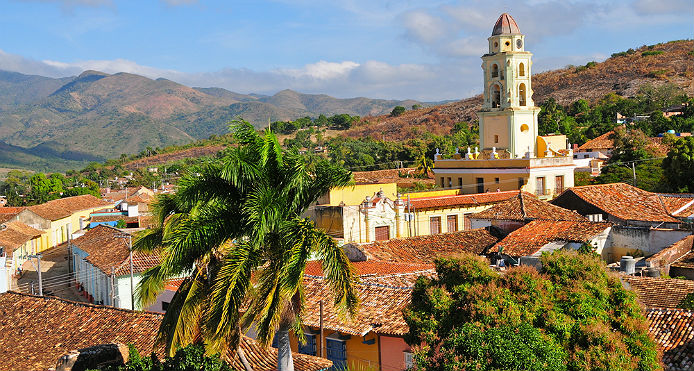The decision comes after the U.S. State Department reviewed Cuba’s presence on the list of state sponsors of terrorism, a list with only four countries: Cuba, Syria, Iran, and Sudan. Obama noted in a message to congress that Cuba has not contributed to international terrorism in the last six months, and is willing to commit to not contributing in the future. The announcement comes after a series of thawing dialogues with Obama and Cuban President Raul Castro, who had spoken in December and met at the regional summit in Panama a few days ago.
Though Obama had revealed a desire to remove Cuba off the terrorism list in December, he held off due to concerns from the White House that Cuba would not compromise on other issues, such as restrictions on U.S. diplomats in Havana. The move to take Cuba off the terrorism list will allow things like a U.S. Embassy to be set up in Havana, and with these restrictions lifted, things such as visas and cheaper airfare to the country could show up in the coming months.

After being taken over by Communist rule and the Cuban Missile Crisis in 1962, the U.S. wrote Cuba into the terrorism list in 1982 for its support of armed insurgencies in Latin America. Embargoes and sanctions were placed upon Cuba in an effort to isolate and destabilize the country during the Cold War.
Though a White House senior administration official explained to CNN that it is unlikely enough votes could be gathered to override the President’s veto, White House press secretary Josh Earnest explained that the U.S. still has points of contention with Cuba. He pointed out that while this is the case, those misgivings fall outside the consideration of Cuba being a state sponsor for terrorism. Officials in Cuba view being on the terrorism list as unfair and part of a cruel punishment of isolation, so being taken off the list is welcomed.
And during your travels to Cuba, why not learn useless things to pass the time?:

















